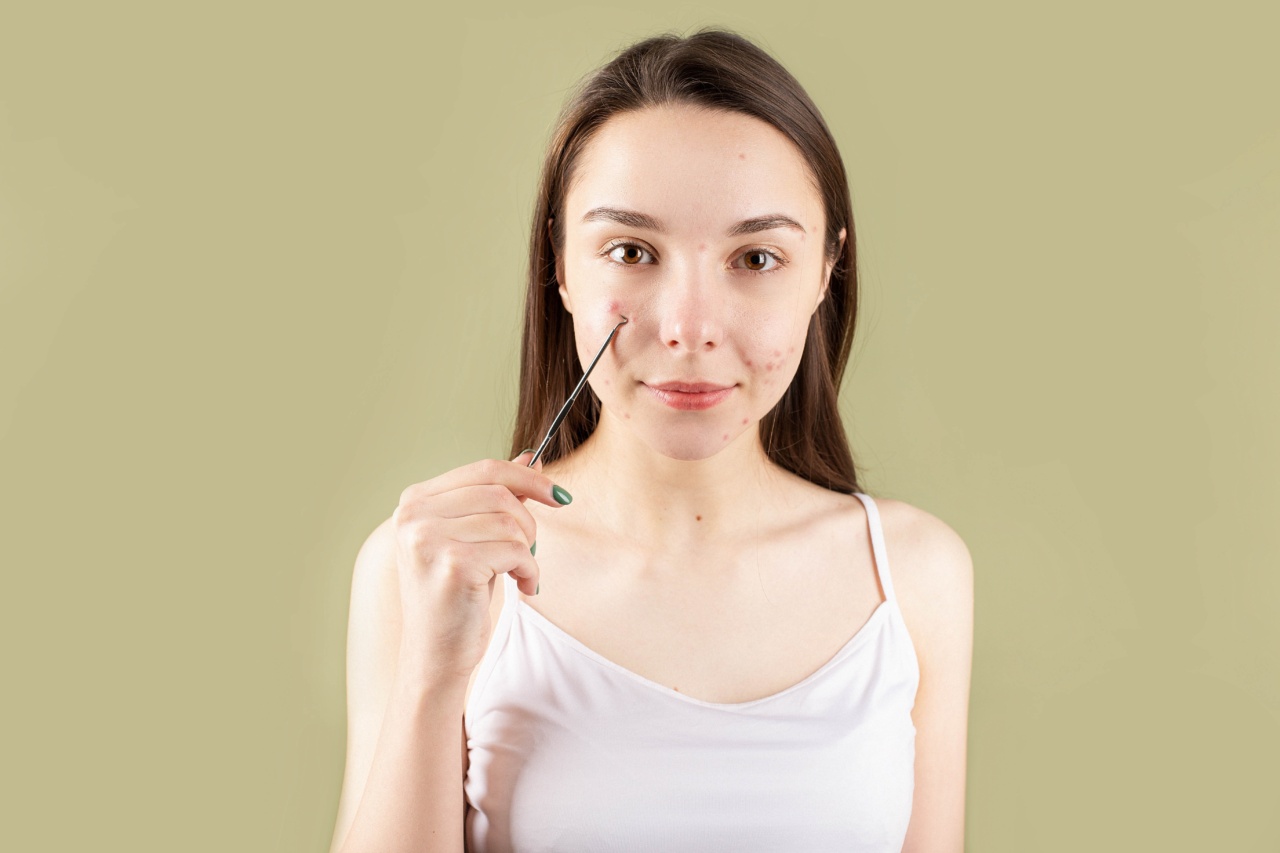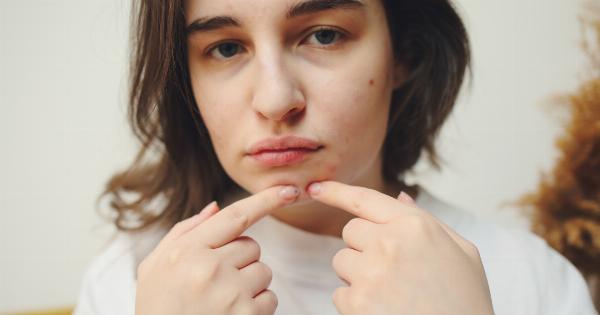Acne is a common skin condition that affects people of all ages. From teenagers to adults, acne can be frustrating and sometimes even painful to deal with.
While there are countless products and remedies available in the market, it can be overwhelming to find the right solution for your unique skin type and condition.
Fortunately, there are four “masters” of acne treatment that have proven to be effective in tackling this pesky skin issue.
These four methods have stood the test of time and continue to be go-to solutions for many individuals seeking relief from acne. In this article, we will explore each of these treatment options in detail, discussing their benefits, how they work, and their effectiveness.
1. Topical Treatments
Topical treatments are the most commonly used and easily accessible form of acne treatment. These treatments can be found in the form of creams, gels, lotions, or even prescription medications, and are applied directly to the skin.
They usually contain compounds such as benzoyl peroxide, salicylic acid, or sulfur, which work to unclog pores, reduce inflammation, and kill acne-causing bacteria.
The benefits of topical treatments include their ease of use, affordability, and ability to target specific areas of concern.
However, they may not be effective for severe cases of acne, and some individuals may experience skin dryness or irritation as a side effect.
2. Oral Medications
In more severe cases of acne, oral medications may be needed to control breakouts.
These medications are prescribed by dermatologists and work internally to reduce inflammation, regulate oil production, and kill bacteria that contribute to acne formation. Common oral medications used include antibiotics, hormonal pills, and isotretinoin.
While oral medications can be highly effective, they often require close monitoring and may come with potential side effects.
It is important to consult with a healthcare professional before starting any oral medication to ensure suitability and to discuss potential risks and benefits.
3. Facial Treatments
Facial treatments performed by trained estheticians or dermatologists are another popular option for managing and treating acne.
These treatments typically involve deep cleansing of the skin, exfoliation, extraction of blackheads and whiteheads, and application of specialized masks or serums.
The benefits of facial treatments include their ability to provide immediate results, improve overall skin health, and offer a relaxing and pampering experience.
Facial treatments can be customized to address specific skin concerns and can be a valuable addition to an individual’s skincare routine.
4. Lifestyle Adjustments
While external treatments are important for addressing acne, making certain lifestyle adjustments can also play a significant role in managing and preventing breakouts. These adjustments include:.
4.1. Healthy Diet
Eating a balanced diet rich in fruits, vegetables, lean proteins, and whole grains can contribute to overall skin health.
Avoiding excessive consumption of processed foods, sugary snacks, and dairy products has been linked to a reduction in acne severity.
4.2. Proper Hygiene
Keeping the skin clean by washing it gently twice a day can prevent the accumulation of dirt, oil, and bacteria. Avoiding harsh scrubbing, picking at acne lesions, and using non-comedogenic skincare products is also crucial for maintaining clear skin.
4.3. Stress Management
Stress can contribute to hormonal imbalances and increase the likelihood of acne breakouts. Engaging in stress-reducing activities such as exercise, meditation, or hobbies can help control acne and promote overall well-being.
4.4. Adequate Sleep
Getting enough sleep enables the body to repair and regenerate skin cells, promoting a healthy complexion. Aim for 7-9 hours of quality sleep each night to support the body’s natural healing processes.
Conclusion
Acne treatment can be approached using various methods, and finding the right solution often requires trial and error.
Topical treatments, oral medications, facial treatments, and lifestyle adjustments are the four “masters” of acne treatment that have proven effective for many individuals. Consulting with a dermatologist is recommended to develop a personalized acne treatment plan tailored to your specific needs.





























